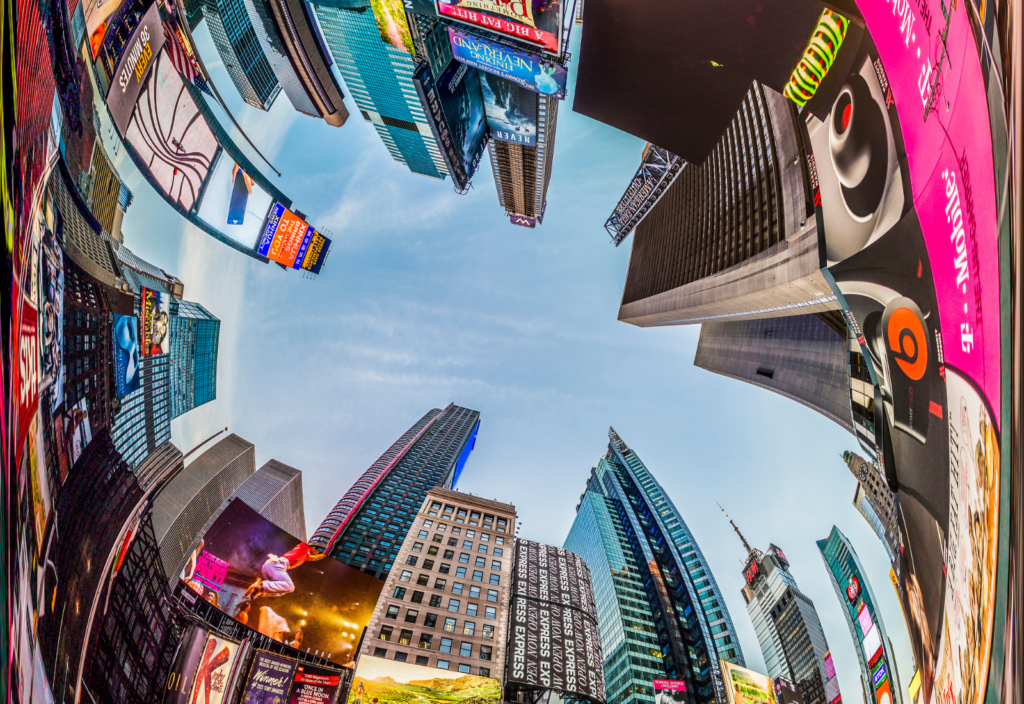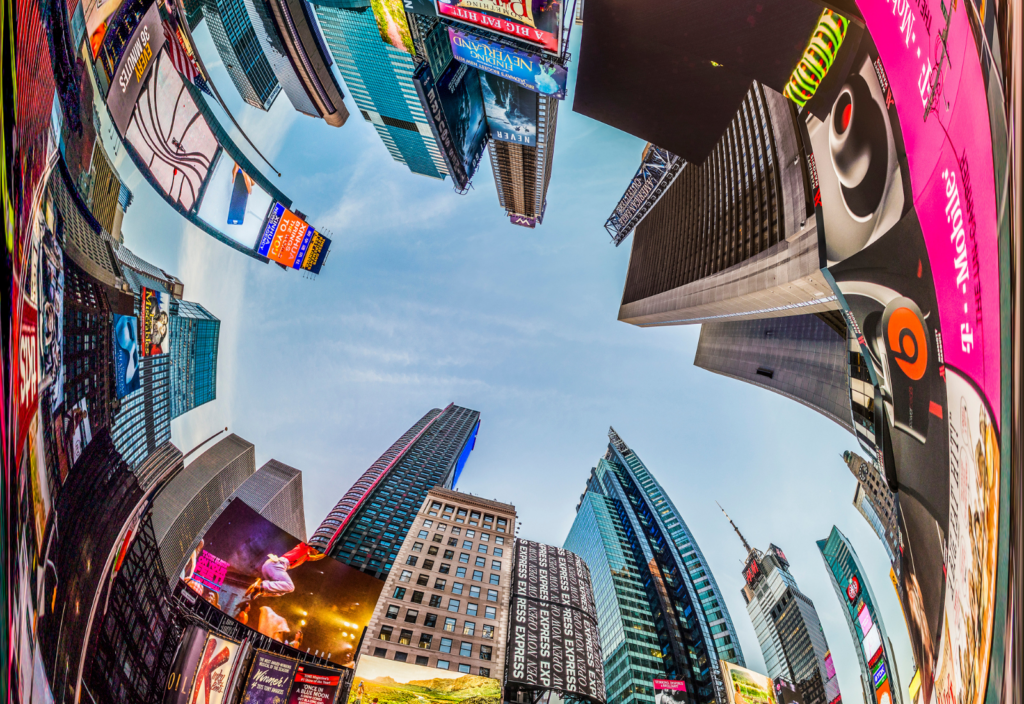
16 Dec New York Introduces Medical Psilocybin Legislation

On Monday, November 13, 2021, New York Assemblyman Pat Burke introduced medical psilocybin legislation. The “purpose or general idea of bill” provides a good summary: this legislation would “create psilocybin service centers to provide innovative treatment options for ailments such as PTSD, depression, alcohol dependency, anxiety, among others.”
The bill echoes two separate pieces of controlled substance legislation: (1) Oregon’s legalization of psilocybin (a topic we have written about extensively (here, here and here, to list a few); and (2) New York’s Marijuana Regulation and Taxation Act (MRTA), which is another topic we have written about extensively (see here, here and here, to start).
A few key points from the bill:
Several License Types
Like the MRTA, this medical psilocybin legislation includes several license types with a similar path for licensure:
- Registration as a psilocybin service center, which will include preparation, administration, and integration sessions, all of which are guided and monitored by a psilocybin service facilitator.
- Registered organizations, which will be allowed to acquire, possess, manufacture, sell, deliver, transport, distribute or dispense psilocybin.
- Psilocybin research license, which will allow testing potency, conducting clinical investigations, researching efficacy and safety, and agricultural research.
- Psilocybin service facilitator license, which will allow individuals to facilitate psilocybin administration sessions. As noted in the bill, “to receive a license, that person must have a high school diploma or equivalent, complete training requirements as determined by the department, meet examination requirements, and demonstrate facilitation and support skills.”
Expansive List of Qualifying Medical Conditions
The bill includes this definition of qualifying medical conditions:
“Condition” means having one of the following conditions: cancer, positive status for human immunodeficiency virus or acquired immune deficiency syndrome, amyotrophic lateral sclerosis, Parkinson’s disease, multiple sclerosis, damage to the nervous tissue of the spinal cord with objective neurological indication of intractable spasticity, epilepsy, inflammatory bowel disease, neuropathies, Huntington’s disease, post-traumatic stress disorder, pain that degrades health and functional capability where the use of medical cannabis is an alternative to opioid use, substance use disorder, Alzheimer’s, muscular dystrophy, dystonia, rheumatoid arthritis, autism or any other condition certified by the practitioner.
Qualifying medical practitioners would need to take a two-hour training course provided by the Department of Health in order to certify patients for psilocybin treatment.
Rules and Restrictions
There are numerous rules and restrictions for licensees and practitioners, including a ban on having a psilocybin manufacturing facility being owned, or having employees, with certain felony convictions in the past three years. Like the MRTA, there is an exception for felony convictions for selling or possessing controlled substances, however, unless those operations involved minors.
Social Equity
Similar to the MRTA, licensing factors will include whether applicants are a “minority- and/or women-owned business enterprise, a service-disabled veteran-owned business, or from communities disproportionally impacted by the enforcement of psilocybin prohibition.”
The bill also provides for the creation of a psilocybin services grant program fund for veterans and first responders, to be jointly managed by the Commissioner of Health and the state comptroller. The bill allocates $2 million for the grant program.
Broad Justification
We cannot put it better than this medical psilocybin legislation does:
“Struggles with diseases like PTSD, depression, anxiety, and alcoholism can be major disruptors to a person’s livelihood as well as their family’s. These mental health detriments can deteriorate physical health, result in performance deficits on tasks, and increase rates of suicide. Psilocybin therapy is a breakthrough avenue for providing people with treatment for these ailments.
Certain occupations, particularly those that serve society by running into danger, have increased prevalence of these health disruptors. Data from the RAND Corporation show that 8,000 New York veterans from the wars in Iraq and Afghanistan suffer from PTSD. Firefighters, police officers, and EMS workers have a higher prevalence of depression, PTSD, and substance abuse than the general population.
The FDA recognizes psilocybin therapy as substantially better than present treatment options. Establishing a widespread route to provide New Yorkers with this medical treatment would be a monumental step in providing mental health care to improve lives. Oregon, Texas, and several cities have taken similar steps to increase access to psilocybin treatment.
These therapy centers would offer a safe physical environment supervised by trained monitors to negate the minimal risk involved with psilocybin. Researchers at Johns Hopkins Medicine report that psilocybin shows low potential for abuse and can be classified as ‘least harm to users and society.’
Beyond enabling the creation of treatment centers, this legislation would also create a $2 million fund for veterans, firefighters, police officers, and EMS workers, who can apply for financial support towards treatment. Our first responders expose themselves to potential trauma on a daily basis to keep us safe and well. Ensuring their access to this treatment demonstrates our reciprocity to keep them safe and well.
As exciting as this is, it is important to remember that this is proposed legislation. Various versions of the MRTA were filed in the years leading to its passage earlier this year. We are now waiting to see how the legislation is received and whether it progresses towards actual medical psilocybin legalization. Stay tuned!


Sorry, the comment form is closed at this time.